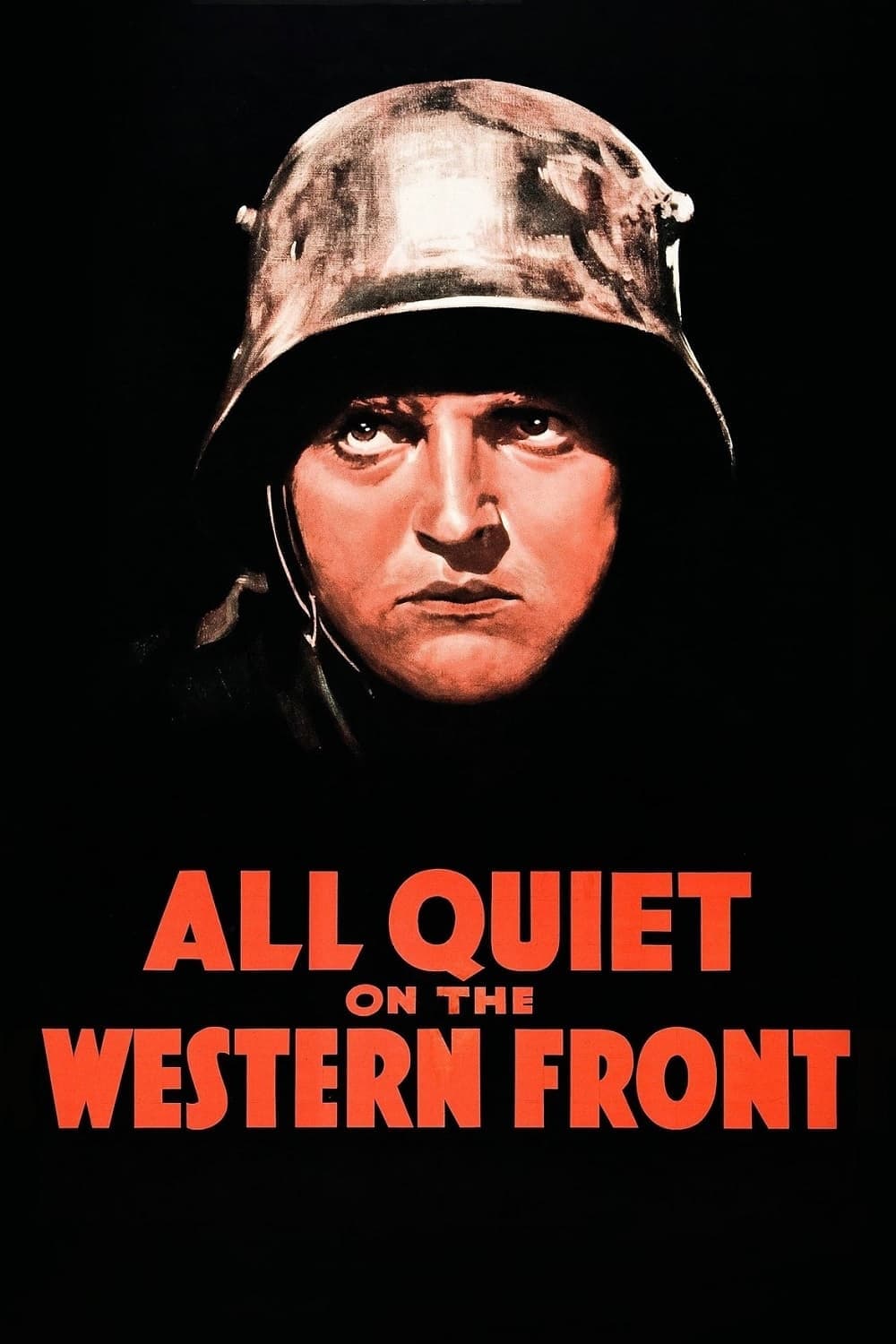
All Quiet on the Western Front
1930
Rate this movie
Average: 0.00 / 5
(0 votes)
Director
One of the first films to utilize sound, Lewis Milestone's work draws inspiration from Erich Maria Remarque's novel of the same name to recount the odyssey of a group of German friends who decide to enlist for the Great War of 1915-18. Having set off, like countless other peers, steeped in high-sounding ideals shaped by nationalist propaganda and romantic rhetoric about war – courage, honor, the sense of Homeland – the young men would soon realize that the Great Slaughter, which would eventually engulf them too, had nothing to do with these grand declarations. What awaited them was the implosion of all moral certainty and the slow, inexorable erosion of the soul, the genesis of what would be tragically labeled the "lost generation."
Their odyssey is narrated with a disenchanted and subtly bitter eye, with a distinctly anti-militarist and pacifist aftertaste that resonates with the post-war Zeitgeist of the Weimar Republic, an era of profound reflection and fierce criticism of past illusions. Milestone, with a clear and analytical gaze, devoid of any heroic rhetoric, describes the horror of trench warfare, the disillusionment, the loss of innocence, and the physical and psychological brutalization of the soldiers. This approach is surprisingly akin to Neue Sachlichkeit (New Objectivity) which was emerging in German art of that period, a rejection of Expressionism for a rawer and more direct representation of reality, without embellishments or idealizations. The director does not merely show the horrors, but delves into the social and individual pathology unleashed by the conflict, exposing the fragility of the human psyche in the face of systemic horror.
The story follows the journey of Paul Bäumer and his comrades, from the moment of training, a militaristic brainwashing administered by grotesque and inhumane authoritarian figures, to their arrival on the Western Front. The initial enthusiasm and illusions of glory soon clash with the harsh reality of war: omnipresent and arbitrary death, the perennial fear that creeps into one's gut, the hunger that afflicts the body, the endemic filth of the trenches and, perhaps worse, the devastating boredom of long waits, punctuated by sudden and lethal explosions of violence. Milestone, with a raw and relentless realism, does not hesitate to show the open wounds, the horrific mutilations, the unspeakable suffering of the soldiers, without sparing the viewer scenes of strong emotional impact that still today retain their chilling power, such as the iconic scene of the hand emerging from the mud or the fatal encounter with the French soldier in the trench. The film, through Paul's eyes, highlights the absurdity of war, its intrinsic futility, and the dehumanization it produces, transforming men into mere pawns of a destructive machine. The dialogues, dry and essential, almost telegraphic in their effectiveness, the expressions on the faces, marked by exhaustion, trauma, and a primordial fear, contribute to creating an atmosphere of profound realism and existential anguish, a silent cry against the aberration of organized violence.
An emotional film for its hyper-realistic shot composition, for the neurotic succession of events mimicking the chaos and randomness of the front, for the disturbing probing of the protagonists' souls, who shed their bourgeois superstructures to reveal a brutality necessary for survival or a poignant compassion. All Quiet on the Western Front is a film that had an enormous impact on audiences and critics, winning two Academy Awards (Best Picture and Best Director), an extraordinary recognition for such a grim and disillusioned work, and becoming a universal symbol of pacifism. Its strength lies in its ability to tell the story of war from the perspective of the common soldiers, the unwitting puppets of a conflict they do not understand, showing their humanity and suffering with a pietas that transcends national flags. Milestone, with a directorial style innovative for its time, uses sound expressively and revolutionarily, not only for the deafening din of battles, a hell of explosions and shouts that literally immerses the viewer in the wartime chaos, but also, and perhaps even more incisively, for moments of silence heavy with tension, interrupted only by the ticking of rain or labored breathing, creating an immersive and engaging experience that is almost sensory.
The film's impact was such that it unleashed violent reactions from emerging nationalist movements, particularly in Germany, where it was banned and its screenings forcibly interrupted by the Nazis, who considered it "unpatriotic" and an outrage to the nation. This act of censorship and intolerance, culminating even in the burning of copies of Remarque's novel, only cemented the film's status as a crucial work of art and an act of political denunciation. Its legacy is evident in subsequent works that have adopted its spirit and themes, such as Stanley Kubrick's masterpiece, Paths of Glory, which shares with Milestone the same relentless indictment of the absurdity of military hierarchy and the hypocrisy of the "great men" of war. The film, even today, retains its power and burning relevance, representing not only a warning against the horror of war and its cyclical reappearance in human history, but also a profound meditation on the ephemeral nature of youth and the indelible impact of trauma, themes that make it timelessly resonant.
Country
Gallery
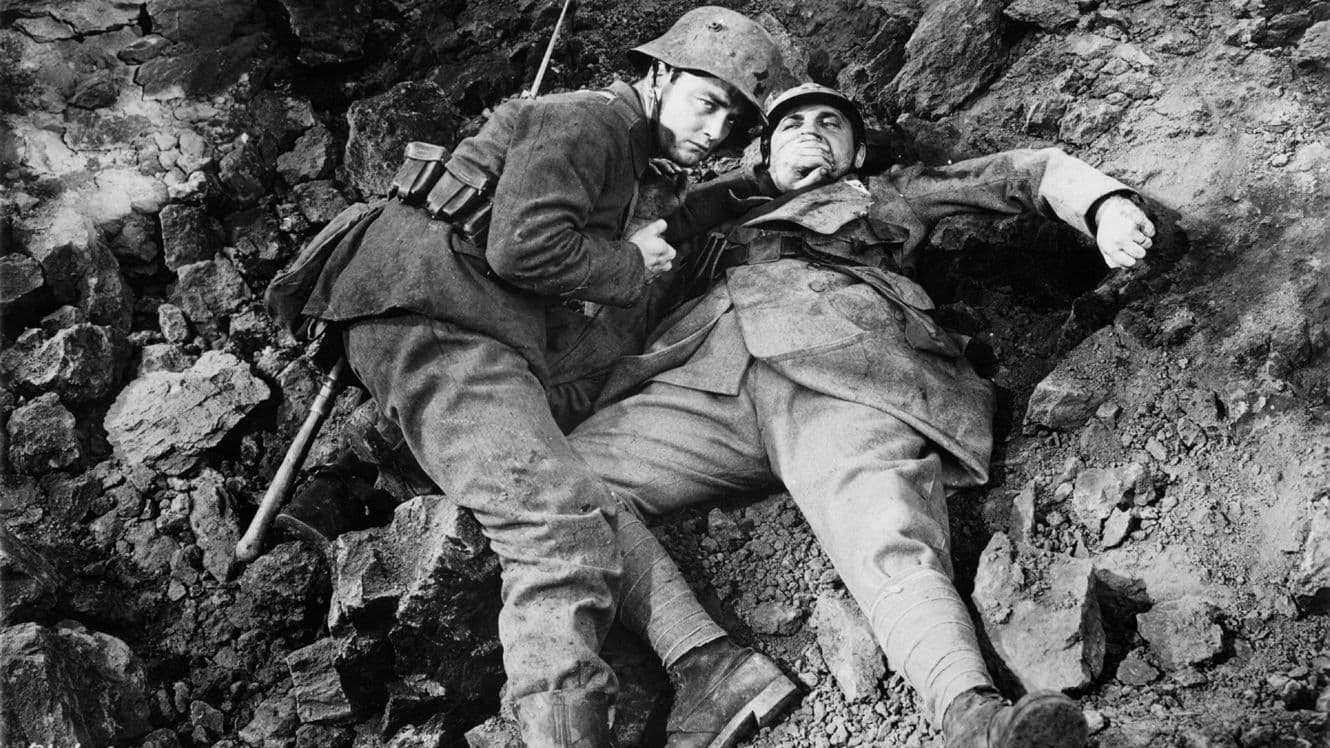
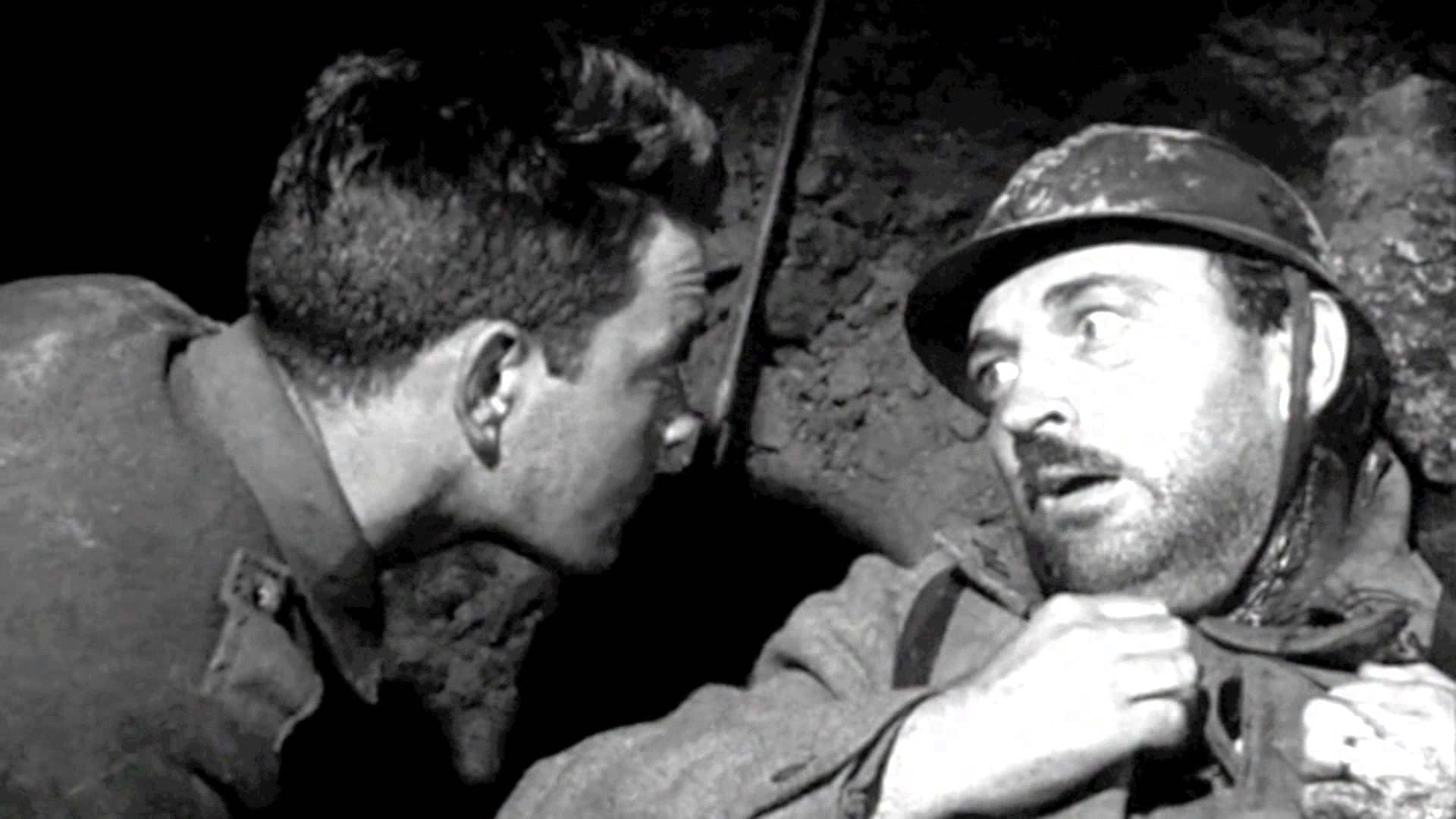
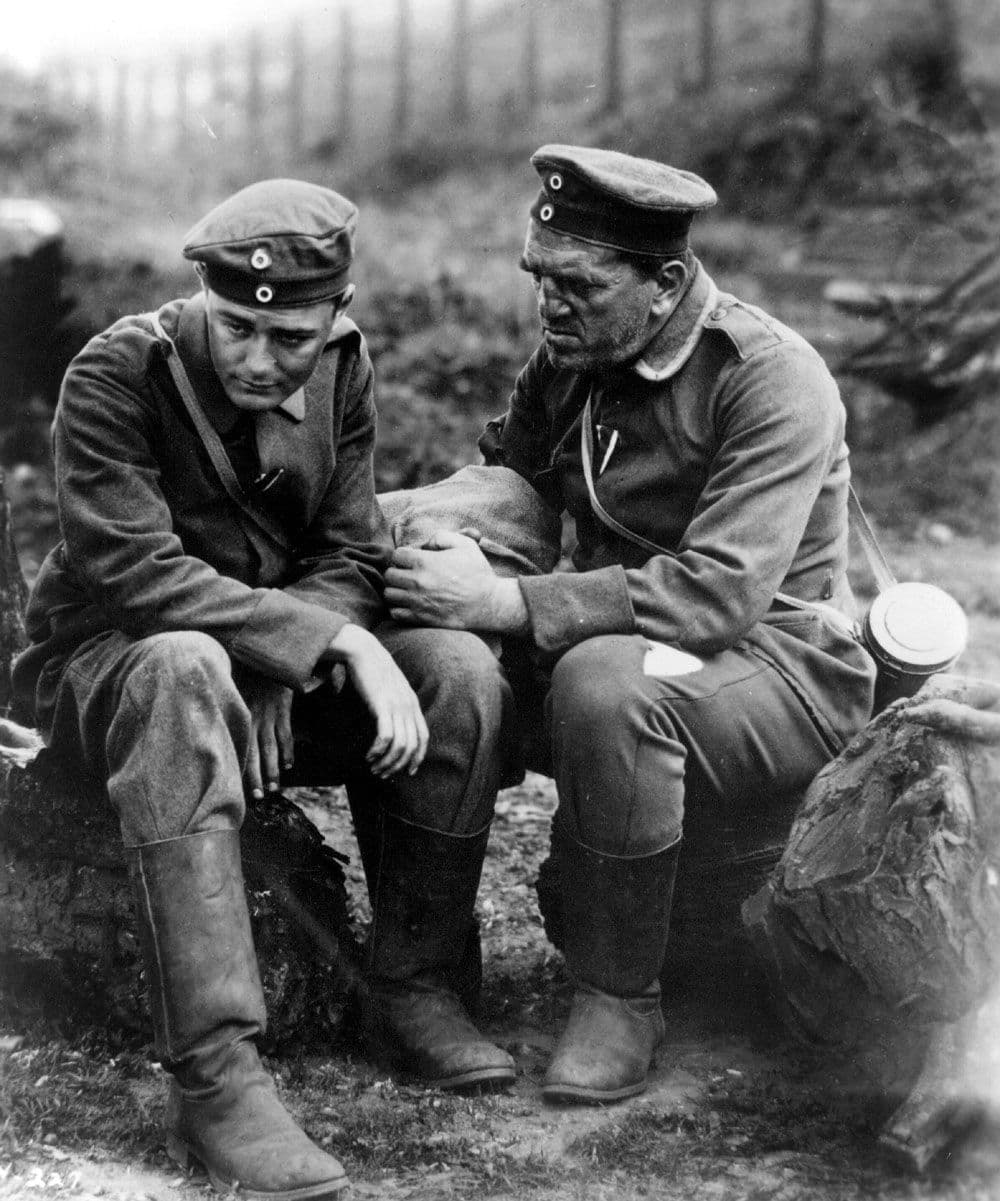
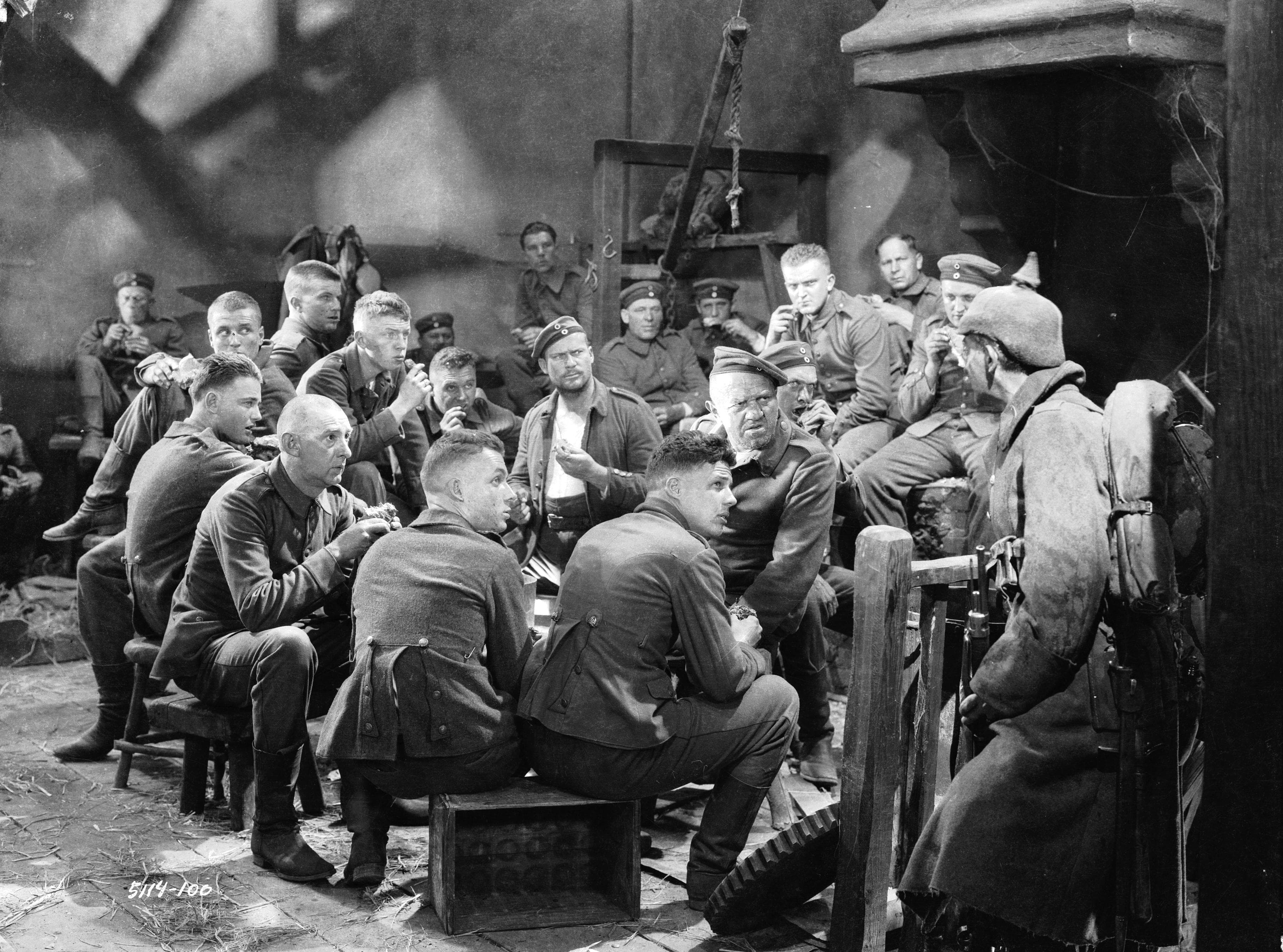
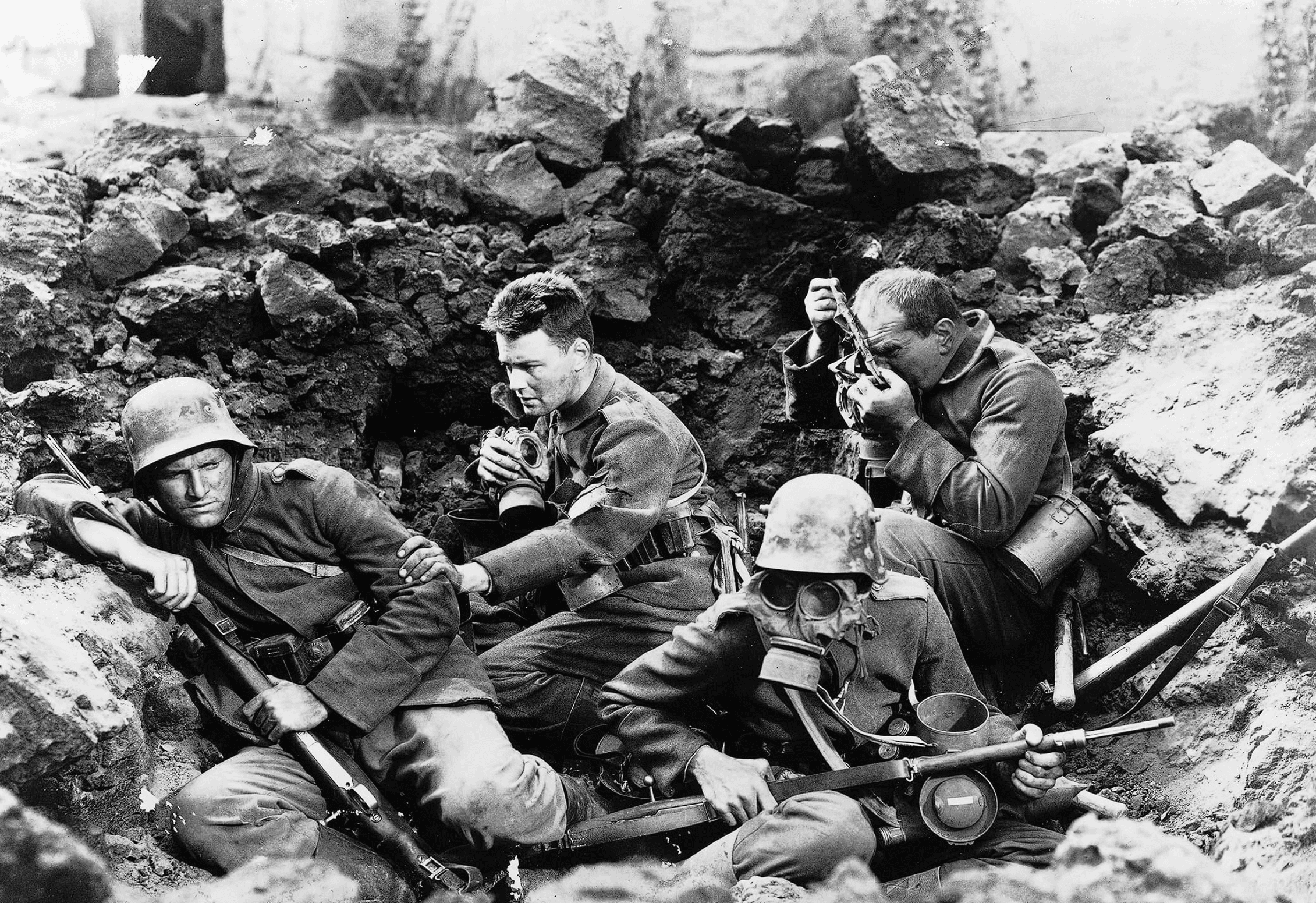
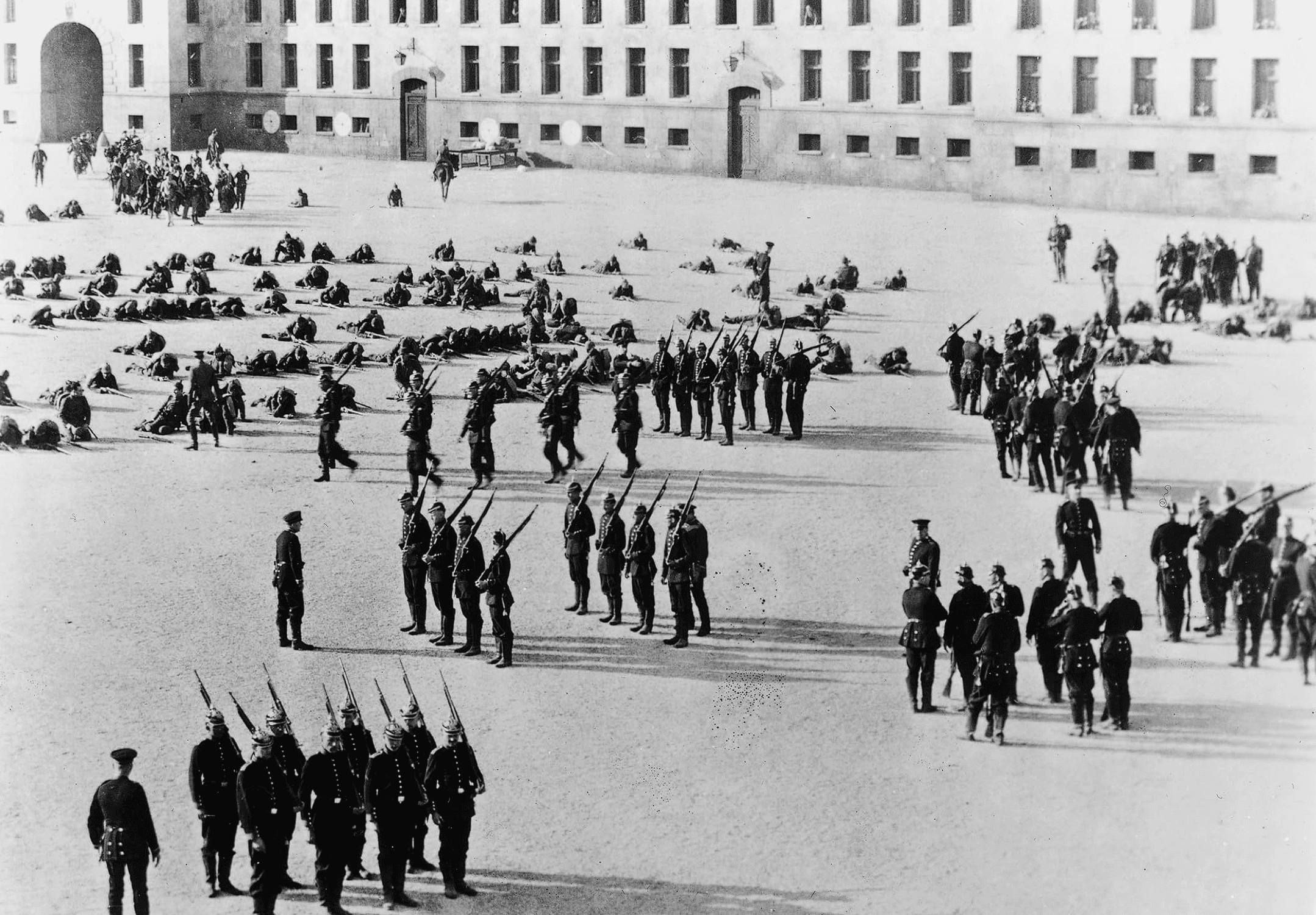
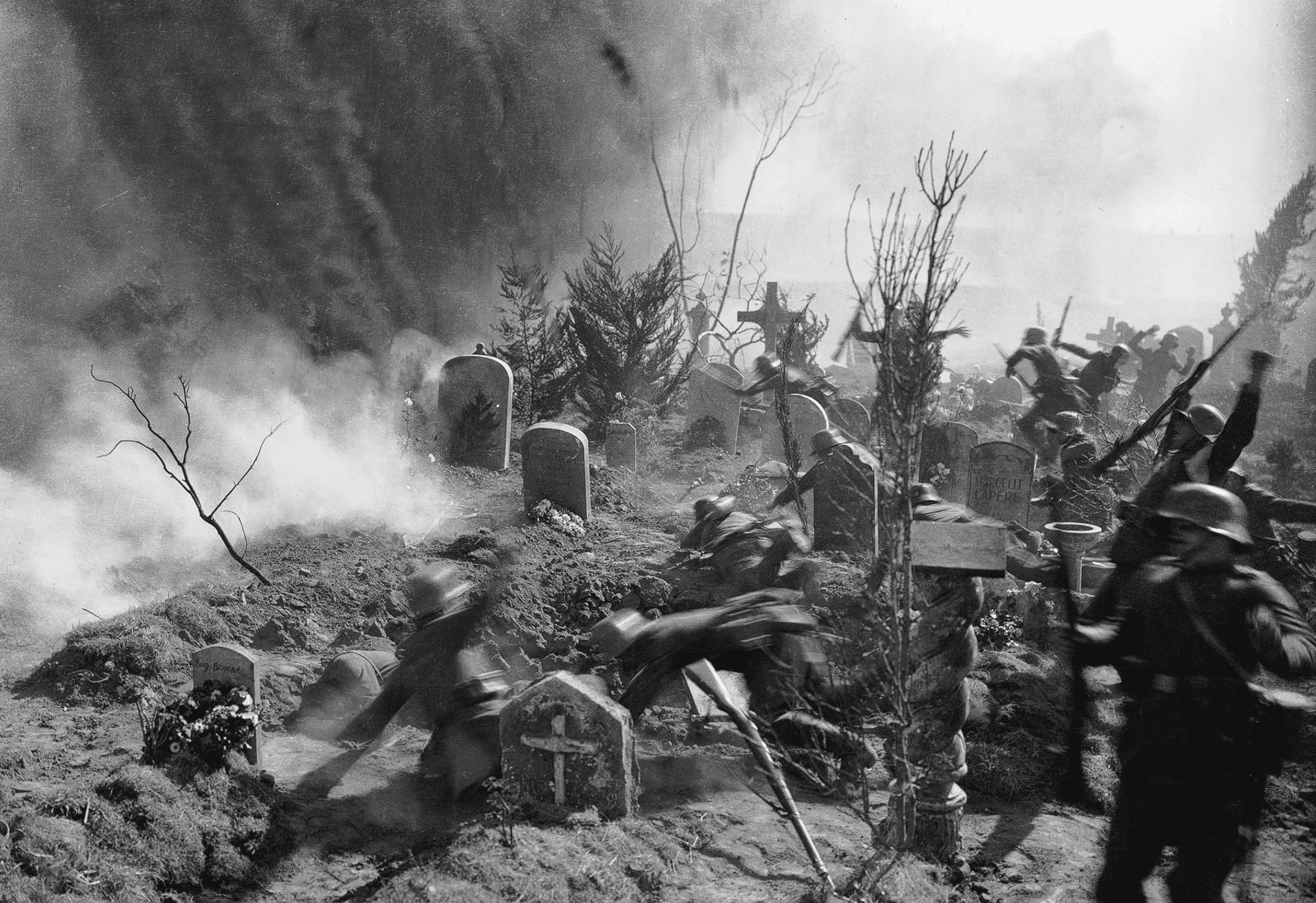
Featured Videos
Official Trailer
Comments
Loading comments...